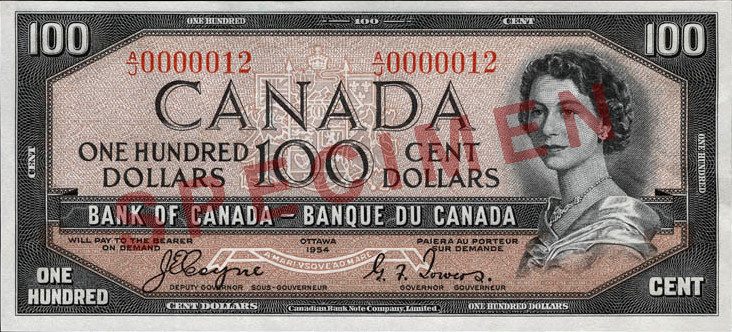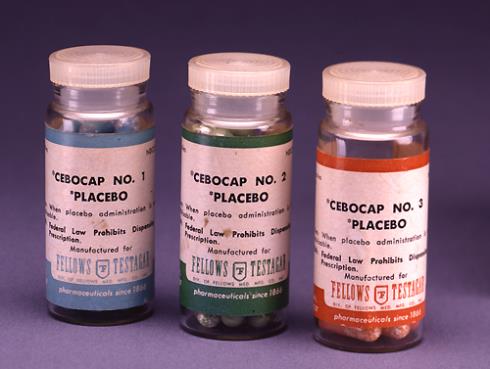Results for: placebos
Support Science-Based Medicine
Next month is the 5 year anniversary of Science-Based Medicine. We have published 1575 articles so far, with 72,400 comments. We are getting about 475,000 views per month, and SBM has attracted the attention of the mainstream media, government agencies, peer-reviewed journals, and even television and movie producers. Over the last five years we have endeavored to be a valuable resource for...

Don’t call CAM “cost-effective” unless it’s actually effective
Before deciding CAM is cost-effective, it is important to determine if is just effective. That low bar has not been surmounted.

The “central dogma” of alternative/complementary/integrative medicine
There is something in molecular biology and genetics known as the “central dogma.” I must admit, I’ve always hated the use of the word “dogma” associated with science, but no less a luminary than Francis Crick first stated it in 1958, and it has been restated over the years in various ways. Perhaps my favorite version of the central dogma was succinctly...
Homeopathy’s Recent Woes
Be careful what you wish for. In the last few decades purveyors of dubious medical treatments and products have been trying to go mainstream, and they have had some unfortunate success. They asked for serious scientific investigation into their claims – and they got it. They asked to be treated like real medicine (but not really, they only want the trappings of...
Why Do They Do Studies Like This?
A recently published study claims to have shown that a proprietary mixture of velvet bean and Chlorophytum borivilianum improves sleep quality. The journal, Integrative Medicine Insights, is online, peer-reviewed, PubMed indexed, open-access, and it charges authors $1848.00 to publish their article. It advertises editorial decisions in 3 weeks and publication in 2 weeks after acceptance. I can see two reasons why authors...
No, sugar pills won’t repel insects, and other consequences of regulating nonsense
As a group blog, Science-Based Medicine brings a variety of perspectives to issues of science in medicine. However we align around a few core principles which define what science-based medicine is, and how it should be practiced. One principle we emphasize is the importance of subjecting the evaluation of all health interventions and treatments to a single, science-based standard. One of the...

Followup: Benedetti on Placebo Ethics
A few months ago I wrote about Fabrizio Benedetti’s research on the neurobiology of the placebo response, and a discussion about placebos and ethics ensued in the comments. Now Dr. Benedetti has written about that issue in a “Perspective” article in the journal World Psychiatry, “The placebo response: science versus ethics and the vulnerability of the patient.” We have learned that verbal...
Bach Flower Remedies
May is the month associated with flowers, so I thought it would be timely to look at flower remedies. You may have heard of “rescue remedy” or other Bach flower remedies. (The preferred pronunciation is “Batch,” but it’s also acceptable to pronounce it like the composer.) They contain a very small amount of flower material in a 50:50 solution of brandy and...
Consumer Reports and Alternative Therapies
Consumer Reports (CR) and its Health Newsletter provide sound advice about nutrition and medicine, with one exception: their recommendations concerning alternative therapies, especially dietary supplements. With regard to dietary supplements, part of the problem is the failure of CR to make a distinction between authentic dietary supplements, such as multivitamins and minerals, and non-vitamin, non-mineral medicinal products. For example, the September 2010...
Gold mine or dumpster dive? A closer look at adverse event reports
All informed health decisions are based on an evaluation of expected risks and known benefits. Nothing is without risk. Drugs can provide an enormous benefit, but they all have the potential to harm. Whether it’s to guide therapy choices or to ensure patients are aware of the risks of their prescription drugs, I spend a lot of time discussing the potential negative consequences of...

